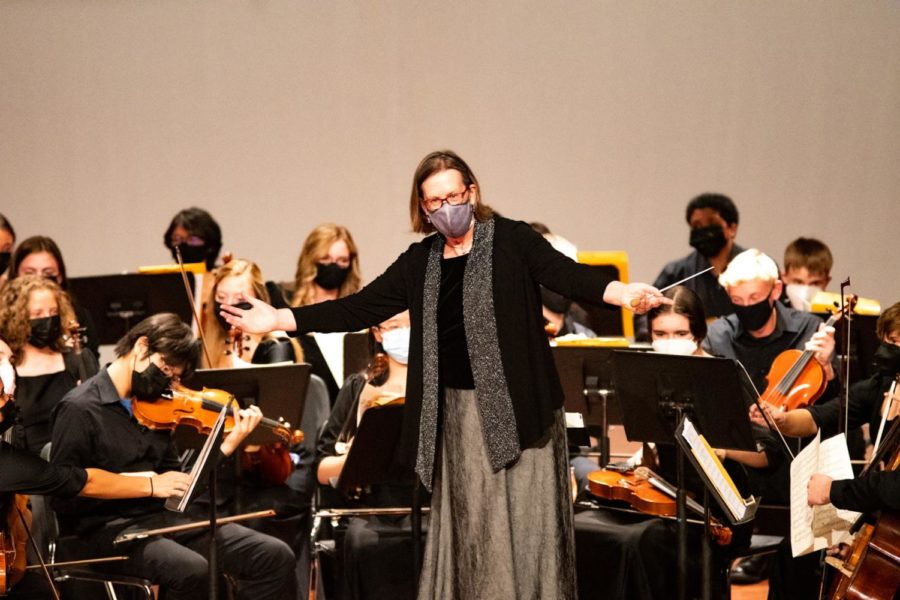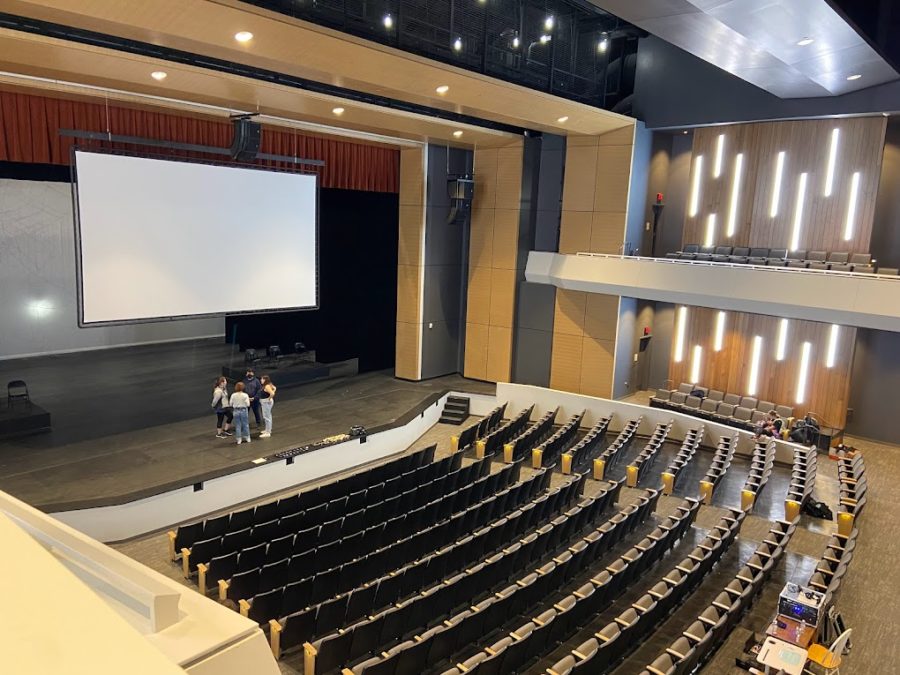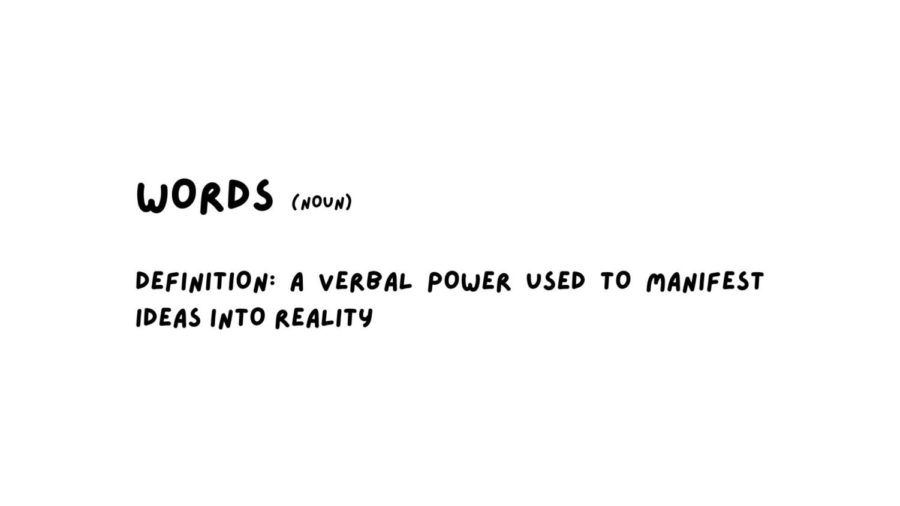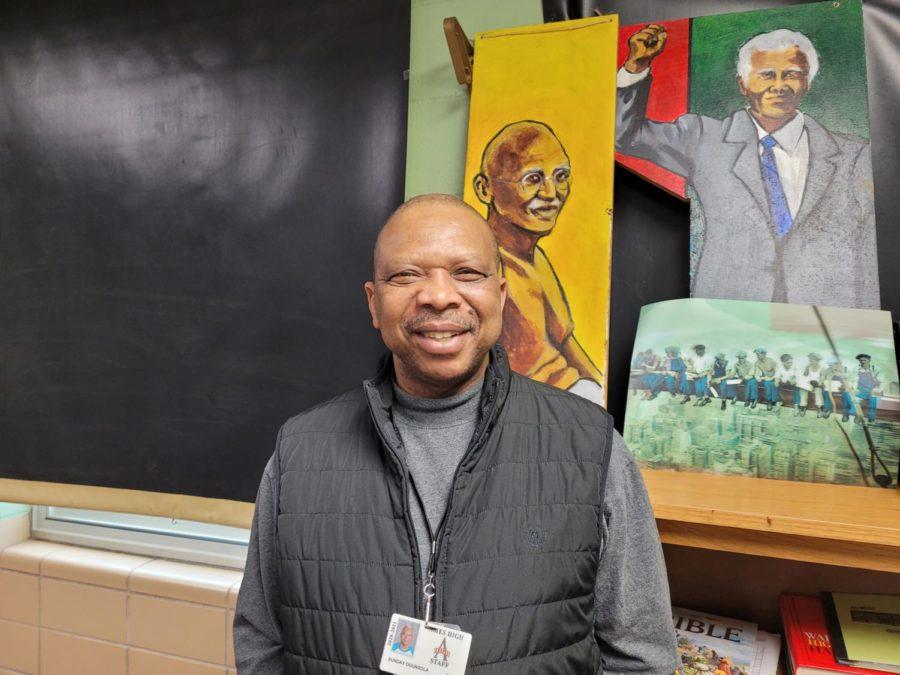My apologies if youâre sick of reading about race. I realize that itâs impossible to go a day without some sort of reference to Obama, to Rev. Wright, to Americaâs need for candid conversation about racism. I know that the subject permeates through TV, internet, and newspaper headlines. I know itâs become a buzzword in popular cultureâand I think thatâs a big part of the problem. Mainstream America has become saturated with simplified, often superficial portrayals of racism. The deep-rooted and heartbreaking issue is often conveyed in media through extreme, inflammatory accounts of prejudice such as the Sean Bell incident: the story of an unarmed black man shot 50 times by New York police on his wedding day The police were, of course, acquitted. While these events should be recognized and condemned as wrong, we should not ignore the societal framework that allows for such awful incidents. True recognition and correction of biases cannot happen if Americaâs perception of race relations is defined by sensationalism; a more complete historical context is also necessary, but rarely provided. In recent months, pastor Jeremiah Wrightâs comments about the government inventing the HIV virus, along with other profane or outrageous claims, have become entangled with conversation about race. However, most of the debate has been focused on the effect on Barack Obamaâs presidential run, not on the conditions in America that would provoke such strong words. Jeremiah Wright said some things that were offensive and unfounded; we can all agree on that. But he also had a congregation to whom many of the words resonated. This should not be surprising because his statements reflect, albeit perhaps in an exaggerated sense, the disillusionment countless slaves. Of indentured servants. Of people who were âfree,â but lynched after sundown. Of people who had to watch minstrel shows that not only reinforced their place as inferior, but trivialized and popularized it. Of people who had to wait 345 years to just get their equal rights on paper. Of people who owe the prosperity of this country to the subjugation of their ancestors. To look at his anger and dismiss him as a mad lunaticâto dismiss race riots as random inflammations, or to dismiss the prison population gap as coincidenceâis to dismiss the psychological damage of living in a country that overtly hated and oppressed black people. Recognition of this does not justify racial violence or outlandish statements, but it puts them into their proper context. For example, Harry S. Truman once said that âone man is just as good as another, as long as heâs honest and decent and not a n***er or a Chinaman.â And Honest Abe said that âthere is a physical difference between the white and black races which I believe will forever forbid the two races living together on terms of social and political equality. And inasmuch as they cannot so live, while they do remain together there must be the position of superior and inferior.â I point these out not to spit on either manâs accomplishments in the civil rights arena, but to illustrate the personal racism of men who were publicly progressive in such matters. It is inappropriate to pretend that such convictions where not deeply engrained in the American psyche. And it is ridiculous to dismiss them as dated, when their effects linger so resolutely today. The legacy of lynching, for example, is still manifested in the death penalty, when 223 black people have been executed for murdering white people, but only 15 white people have been executed for murdering black people. When 78% of defendants selected for Capital Prosecution under the 1988 Anti-Drug Abuse Act have been black, although blacks make up only 24% of those convicted. And a twisted, institutionalized relic of segregation is still alive when black people are 13% of regular drug users, but 74% of those incarcerated for possession offences. It is abhorrent that this is happening, but nearly as wrong that we donât talk about it. Race relations can improve, and they have in our history. However, just as a scar will remain through the shedding of layers of skin, racism will persist over generations, as it has. Fixing it is a process requiring both individual examination and institutional change, but this process will be unbearably slow without acknowledgement of what has been done in the past, and how it still affects the lives of millions. The millions who canât afford to wait.
The deep roots of racism still prevalent and often unaddressed in society
BOBBY HUNTER
•
May 20, 2008
Story continues below advertisement
Leave a Comment
Donate to The WEB
$0
$450
Contributed
Our Goal
Your donation will support the student journalists of Ames High School, and Iowa needs student journalists. Your contribution will allow us to cover our annual website hosting costs.






































